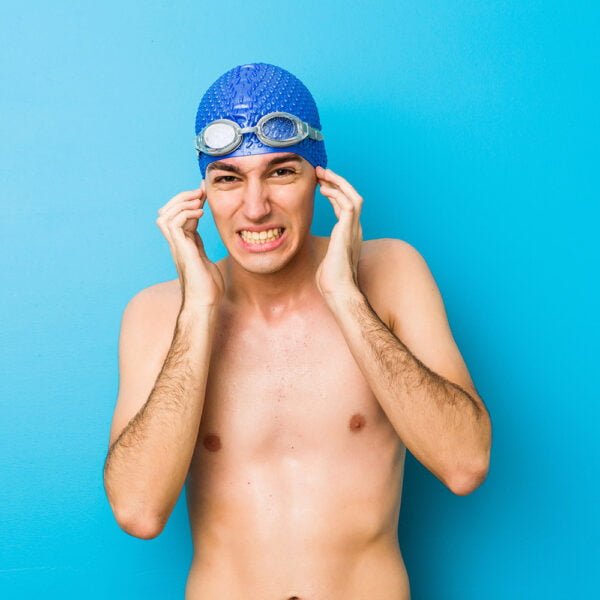We all know that swimming is a fantastic way to cool off and stay active during the hot summer months. However, along with the joy of swimming comes the risk of developing an uncomfortable condition known as swimmer’s ear. In this blog post, we will delve into the causes of swimmer’s ear, explore effective prevention methods, and introduce effective solutions to ensure you can enjoy the water without worry.
Understanding Swimmer's Ear
Swimmer’s ear, also known as otitis externa, is an infection of the outer ear canal, which runs from the eardrum to the outside of the head. This infection is typically caused by remaining water trapped in the ear canal, creating a moist environment that promotes bacterial or fungal growth. Though swimmers are particularly susceptible to this condition, it can also affect anyone who frequently exposes their ears to water or excessively cleans their ears, disrupting the protective layer of earwax.
Common Causes of Swimmer's Ear
- Water exposure: Prolonged exposure to water, whether from swimming, bathing, or participating in water sports, is the primary trigger for swimmer’s ear. When water gets trapped in the ear canal, it creates a moist environment, ideal for bacteria and fungi to thrive. It’s not just swimming in pools that can cause this; even taking showers or soaking in hot tubs can increase the risk of infection if water remains in the ears afterward.
- Earwax removal: Many people use cotton swabs or other objects to clean their ears, thinking it’s a hygienic practice. However, inserting foreign objects into the ear canal can lead to multiple issues, including the removal of protective earwax. Earwax acts as a natural barrier, shielding the ear canal from infection. When earwax is removed excessively, the ear becomes more susceptible to bacteria or fungi entering the ear canal and causing an infection.
- Allergies: Individuals with allergies or skin conditions, such as eczema, may have heightened sensitivity in their ear canals. Exposure to certain chemicals in swimming pools, such as chlorine, or irritation from bacteria in natural water bodies can aggravate the ear’s delicate skin, leading to inflammation and infection. Regular swimmers with allergies should consider using earplugs to prevent potential reactions and subsequent infections.

Prevention Techniques
- Dry your ears thoroughly: After any water exposure, whether from swimming, showering, or water sports, it’s crucial to dry your ears thoroughly. Gently tilt your head to each side to allow any trapped water to drain out. Use a soft, clean towel to pat the outer ear dry. Avoid inserting the towel or any other objects into the ear canal, as this can push water deeper and potentially cause damage.
- Avoid over-cleaning: While maintaining ear hygiene is important, over-cleaning can disrupt the natural balance of the ear canal and remove protective earwax. Stick to cleaning the outer ear with a soft cloth and avoid using cotton swabs or any other objects that can push debris further into the ear canal. Earwax plays a crucial role in preventing infections, so let it do its job naturally.
- Consider ear drops: After water exposure, use specialised ear drops that contain alcohol or acetic acid. These drops can help evaporate any residual moisture in the ear canal and restore the ear’s natural pH balance. By creating an unfavourable environment for bacteria and fungi, these ear drops reduce the likelihood of infection.
- Use earplugs: Invest in high-quality swimming earplugs to create a reliable waterproof seal in your ears. There are various types of earplugs available, such as silicone, foam, or custom-moulded options. Choose earplugs that fit comfortably and snugly in your ears, effectively keeping water out. Earplugs are particularly beneficial for those who swim regularly or engage in water activities, as they act as a barrier against potential infections.
Conclusion
Swimmer’s ear can be an irritating and painful condition, but with the right knowledge and prevention techniques, it can be easily avoided. By taking simple precautions such as thoroughly drying your ears after water exposure and using high-quality ear protection, you can enjoy your time in the water worry-free.
So why wait? Don’t let swimmer’s ear dampen your swimming experience any longer. Browse our ear protection range today and prioritise the health of your ears while enjoying your favourite activities. Stay safe, stay protected!




